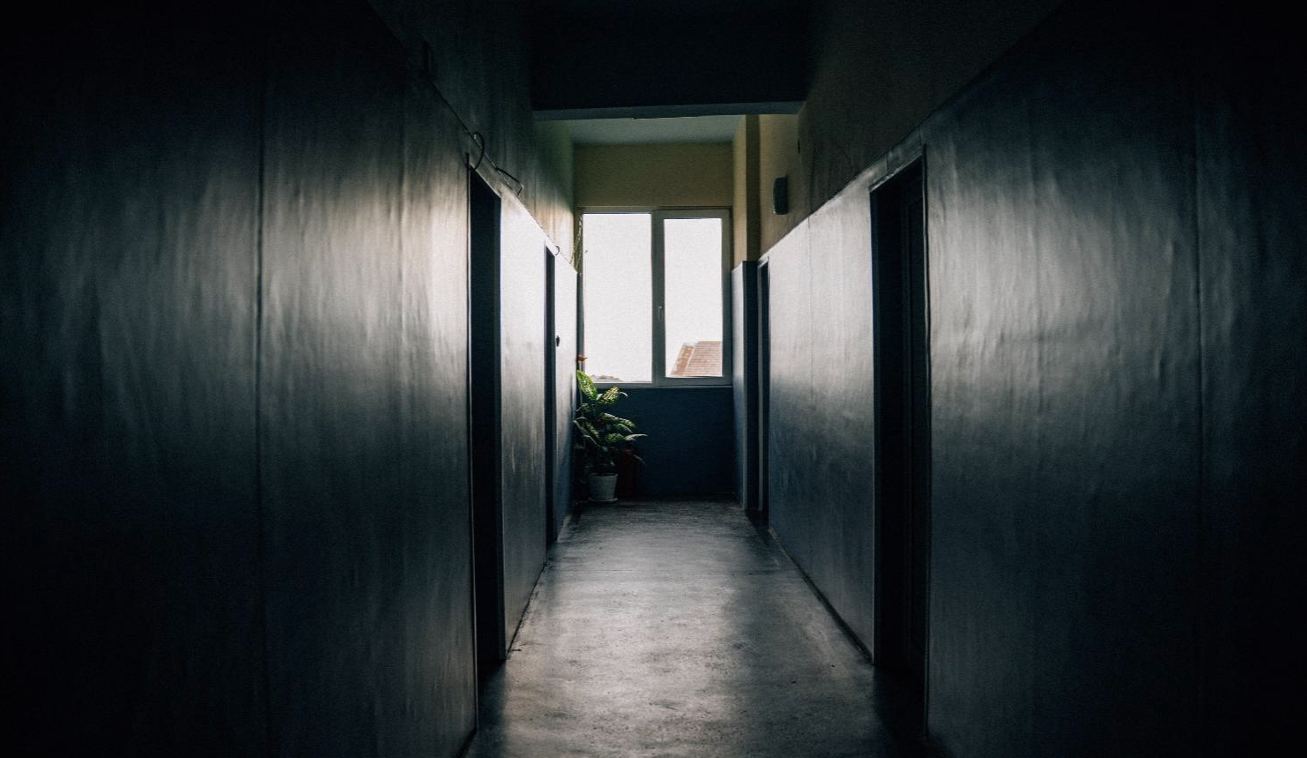On 29th January, ENIL took part in the webinar “COVID 19 and the Human Rights of Persons with Disabilities: Independent Living in a Pandemic”, organised by the Croatian Association for Self- Advocacy.
The webinar was moderated by Damjan Janjušević from the Association for Self-Advocacy. The panellists were: Anka Slonjšak, Ombudsman for Persons with Disabilities, Kristina Urbanc, Professor at the Faculty of Law, University of Zagreb, Nataša Kokić, ENIL’s campaign coordinator and Senada Halilčević, a self-advocate and representative of the Association for Self-Advocacy.
Last year’s pandemic outbreak brought many problems for disabled people living in institutions or in the community around the world. The situation was not different in Croatia.
The Ombudsman for Persons with Disabilities Anka Slošnjak highlighted that the pandemic revealed all the shortcomings in the treatment of disabled people, such as the lack of equipment, staff, family support and services. People who are staying in institutions remained locked, without the possibility of having visits. At the same time, the staff of institutions moved freely.
Kristina Urbanc, a full professor at the Study Center of Social Work at the Faculty of Law in Zagreb, raised the question of the relationship between two principles – the right to care and the right to self-determination: Disabled people were given the right to care, protection and control, but their rights, such as freedom of movement, were completely taken away. She pointed out the difference in power relations between providers and beneficiaries, where providers clearly impose power and control over beneficiaries.
Nataša Kokić from ENIL talked about the initiative Disability Rights Monitor that was established in order to raise the alarm globally about the catastrophic impact of the COVID-19 pandemic on disabled people worldwide and to catalyse urgent action.
Senada Halilčević, a self-advocate and representative of the Association for Self-Advocacy talked about her experience and how lucky she was as she kept her job during the pandemic. She is very worried about people living in institutions and in organised housing. People are not allowed to go out and are very often left alone.
She mentioned that it would be of outmost importance to enable people living in institutions and in organised housing to go out, at least to have a daily walk. As for people living in the community – it will be important to have a call centre which could provide assistance and guidance during the pandemic.
As in the rest of the world, disabled people in Croatia were very often neglected during the pandemic. You can see the livestream of Croatian webinar here (only in Croatian).


